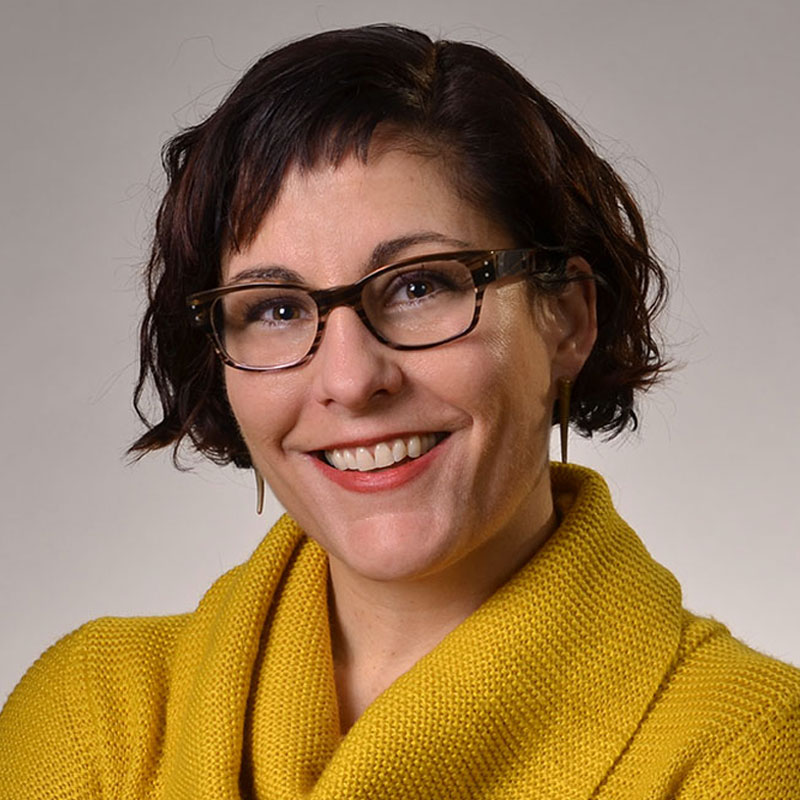Back to Projects List
Learning to Teach in Urban Teacher Residencies: A Comparative Study
Research Team
Principal Investigator: Lauren Gatti
Funding Information
Funding Agency: Office of Research and Innovation (ORI)
Award Date: Jun 1, 2015
End Date: May 31, 2016
Abstract
The Urban Teacher Residency (UTR) model of teacher preparation is one of the fastest growing reforms in teacher education in the United States. Since its inception in 2004, the number of programs in the Urban Teacher Residency United (UTRU) network has ballooned to over 20 UTRs, with more programs being created every year.
Modeled after the medical residency, the UTR foregrounds intensive and supported clinical experience for residents learning to teach in high-needs schools. While each of the existing UTRs differs in course sequence and content, placement practices, and program curriculum, UTRs do share a set of common practices and values. Additionally, and perhaps most importantly, all residents commit to teaching for three years in a high-needs, urban school.
This project will explore how residents enrolled in two Urban Teacher Residencies (UTRs) in the same city learn to teach within the context of their programs. My project aims to examine teacher learning in two different UTRs in an attempt to understand which programmatic resources—coursework, cooperating teachers, fellow residents, required texts, clinical placements, supervisors, and evaluative benchmarks—support or thwart teacher learning.
There are very real differences between the programmatic resources that any UTR offers. While programmatic resources will serve as the central focus of this study, I will also explore how other resources shape the learning to teach process of novice teachers, including disciplinary resources (i.e., content knowledge, disciplinary aims); experiential resources (i.e., working as a tutor, camp counselor, youth group minister); relational resources (i.e., knowledge of school community, other teachers in building, parents and guardians); and dispositional resources (i.e., resilience, humor, flexibility, faith, organization).
This research is guided by the following questions:
What are residents enrolled in two different UTRs learning?
Which resources are residents from each program accessing—and developing—within their learning to teach process? How does the interaction of these resources shape learning?
How does each UTRs specific teaching context—a privately managed turnaround school versus an urban public school—shape the types of resources available to residents? What are the affordances and constraints of such settings?
Which programmatic resources are available to the residents in each program and to what effect on their learning to teach process?
